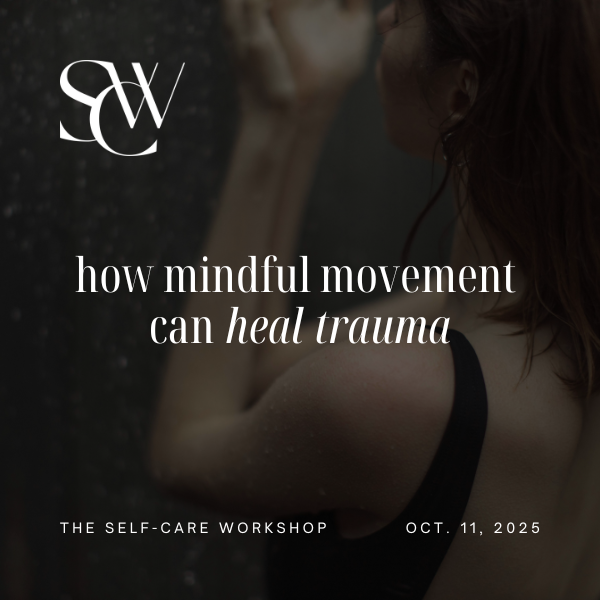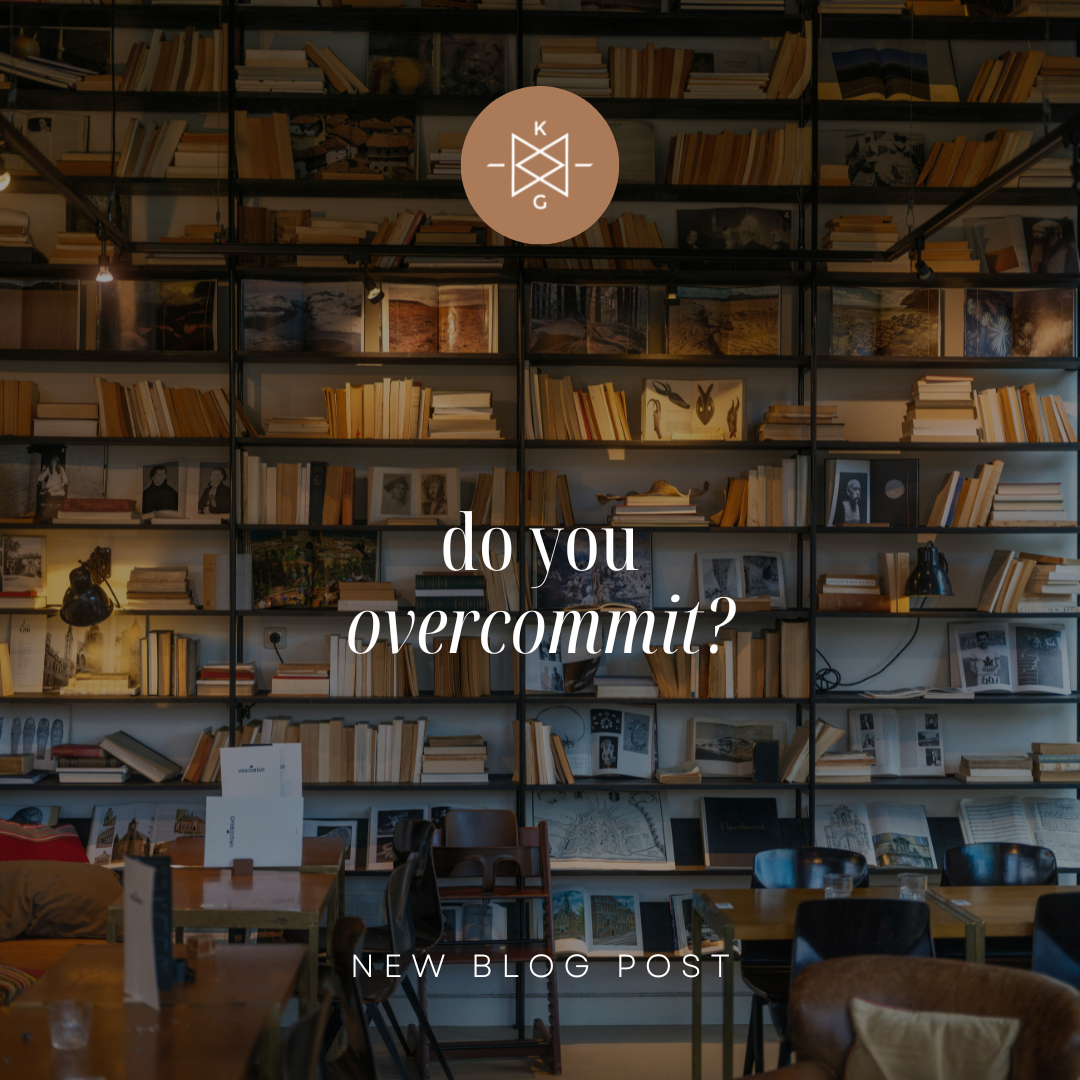
The Blog
Recently Featured
All Blogs
Self-Esteem vs. Self-Compassion
“When we’re mainly filtering our experience through the ego, constantly trying to improve or maintain our high self-esteem, we’re denying ourselves the thing we actually want most. To be accepted as we are, an integral part of something much greater than our small selves. Unbounded. Immeasurable. Free.”
-Kristin Neff
I’ve had it all wrong for a long time now. I’ve thought somehow if I could just do self-help perfectly, I’d be well on my way to confidence and a sense of personal freedom. If I could just will myself into the knowledge and experience of self-love and acceptance, we’d be good.
After all, I’ve used perfectionism to my advantage all these years, why stop now? Why not just transfer that zipped up effort to my desperate longing to truly know and love myself? If I could just sit in front of the mirror each and every day and say nice things about myself, or take hundreds of bubble baths, or perhaps read the right self-help books…or blogs, I’d be healed. Or better yet, I could try and recall all those limiting beliefs I played over in my head, write them down, cross them out, and slap some lipstick on them. You know the drill:
“I’m just too much to handle. No one will love me just as I am.”
Er…I mean:
“I’m the greatest thing since sliced (gluten-free) bread and have every reason to deserve love now.”
Sounds like an SNL sketch waiting to happen to me. It also sounds reactionary and surface-level, not genuine and compassionate. Quite honestly, this should be a relief for you and I. We are not meant to be fixed; we are meant to be understood.
We cannot will ourselves into loving relationship with ourselves or anyone else for that matter because we are human beings, not human doings. We are messy, complex, and perfectly imperfect. Our souls call us to something deeper, bigger than mere performance.
Enhancing our sense of value and worth solely from this angle is like pumping a poor chicken chock full of toxic hormones to go further at your local Kroger. It may seem satisfying and full of culinary possibility in the minute, yet it probably has long-term health concerns.
Self-esteem is based on the way we view ourselves to the degree with which we like ourselves. This sounds pretty important and inherently benign, right? Sure, there’s nothing wrong with seeing ourselves in a good light, however, what happens when circumstances change and we fail to get that promotion, call back, date, or worse, push people away out of fear of rejection?
The temporary illusion of self-esteem takes a hard and fast nosedive into a muddy puddle of shame.
Typically, if we depend on circumstances to prop up our self-worth, there’a steep, hard and unexpected fall coming just around the corner.
Another shortcoming of self-esteem lies in the fact that it can feel self-indulgent and divisive in an effort to “one-up” those around us. Looking back at our limiting belief turn-around, notice the correction. If I replace my limiting belief with a pep talk that tells me “I’m the greatest thing around,” I’m puffing up my ego (which operates from a place of fear instead of belonging) and pitting myself against the world in an effort to prove myself, not lovingly accept myself.
So, what’s the solution? If I can’t rely solely on self-esteem, what am I supposed to do?
Three years ago, I picked up a book called Self-Compassion, by Kristin Neff. It has changed the way I relate to myself and others on every level. It has also called me into this beautifully caring dialog with myself as opposed to the harsh, striving one that had been so loud and exhausting for decades.
What I’ve learned is that self-compassion looks vastly different than self-esteem. It is not circumstantial; it is relational. Self-compassion is based on the awareness that the human condition is frail at best, less than perfect all day long, and totally capable of resilience. This new way forward is all about mindfully and compassionately relating to ourselves when we fall short or miss the mark just like we would a dear friend.
Self-compassion is cultivated like any relationship. It fills in all the holes self-esteem leaves gaping. By this I mean, when we don’t measure up or fail to live up to our expectation, self-esteem dips, inviting two extremes: negative self-talk or puffed up ego, (even…gasp…narcissism).
This is not the case with self-compassion. It comes flooding in when our insecurities, flaws, and shortcomings stare us back in the mirror.
Perhaps one of my favorite things about self-compassion is it binds us together in the reality of our human experience. It doesn’t divide, puff up, or need to isolate. It breeds vulnerability because we aren’t all out to prove our worth and successes; there is no need to when we embrace ourselves through the lens of “imperfect—still enough.”
Self-compassion says, “I see you are hurting. I understand where you are coming from, and I am here with you in the midst of it all. I’m not going anywhere.”
Her voice is the strong and steady anchor in the midst of the storm.
Her voice doesn’t wait on sunshine or rainbows to speak.
Her voice gets louder and more frequent when we slow down to feel our feelings and touch our pain.
Therein lies the beauty: It is only through our pain we ever experience deep and lasting joy.
Love & Gratitude,
Katie
xoxo
The Exquisite Practice of Self-Compassion
A couple weeks ago, I sat down with my friend and fellow therapist, Andy Smith of Hoperidge Counseling. It seems each time we catch up over coffee and discuss life, therapy, music, goals, etc., I leave feeling fully inspired. Collaboration is truly something valuable as it opens the proverbial wardrobe door into a Narnia-like place; one full of ideas and possibilities unseen thus far.
A couple weeks ago, I sat down with my friend and fellow therapist, Andy Smith of Hoperidge Counseling. It seems each time we catch up over coffee and discuss life, therapy, music, goals, etc., I leave feeling fully inspired. Collaboration is truly something valuable as it opens the proverbial wardrobe door into a Narnia-like place; one full of ideas and possibilities unseen thus far.
With so many moving parts forging full-steam ahead, my daily experience was housed in a state of somewhat contained chaos.
I had been feeling pretty stuck at the time, and not just in a professional sense. With so many moving parts forging full-steam ahead, my daily experience was housed in a state of somewhat contained chaos. Creatively and personally I was swimming upstream. I don’t remember saying those exact words over coffee, but I am guessing my scatter-brained dialog and late arrival gave it all away. Plus, Andy’s had plenty of experience graciously observing and drawing out what’s really going on under the surface of countless clients in his work. Whatever the case was, we started in on this topic of self-compassion and man did it intrigue me.
Andy and I talked about some of the influential books we had read in the past year or so and he mentioned Self-Compassion: The Proven Power of being Kind to Yourself (purchase here), by Kristin Neff, PhD. As soon as I got home I ordered it. It was an easy sell-what with Andy’s recommendation and Brene Brown’s endorsement across the top of the front cover boasting “A transformative read”. Done…in just two days I could devour it thanks to Amazon Prime.
This book has truly proven transformative, indeed. To be honest, I’ve grown a bit tired of self-esteem. Don’t get me wrong; self-esteem is vital for maintaining a positive view of ourselves and our experience. But it can be flimsy. It doesn’t cultivate the core infrastructure needed for honest, loving relationship with self and others as well as “wholehearted living” to borrow Brene’s term. Self-esteem feels like a fad diet of cabbage soup and egg whites (you’re welcome), while self-compassion introduces a much more balanced and satisfying approach.
Neff explains, “Although thousands of articles had been written on the importance of self-esteem, researchers were now starting to point out all the traps that people can fall into when they try to get and keep a sense of high self-esteem: narcissism, self-absorption, self-righteous anger, prejudice, discrimination, and so on. I realized that self-compassion was the perfect alternative to the relentless pursuit of self-esteem. Why? Because it offers the same protection against harsh self-criticism as self-esteem, but without the need to see ourselves as perfect or as better than others.”
We can go through the motions of gazing into the mirror and repeating “you’re beautiful” thousands of times and being intentional about self-care from week to week however the deeper understanding and acceptance of our frail humanity could still easily go overlooked. Self-esteem is a piece of the puzzle, but if it does not extend from the embrace of all those glorious imperfections that mark our story, we have shown up a day late for the ball.
I love the word exquisite. I loved it even more after looking up the actual definition. Merriam Webster tells it like this:
a : marked by flawless craftsmanship or by beautiful, ingenious, delicate, or elaborate execution <an exquisite vase>
b : marked by nice discrimination, deep sensitivity, or subtle understanding <exquisite taste>
Self-compassion is truly exquisite. Unscathed by the flashy trends of pop psychology, it is a deep, spiritual work, nuanced with an invaluable and delicate kindness. Not only this, but it requires a “subtle understanding” of our shared human experience, wrought with all kinds of success and failure.
Most of you reading this are easily moved to compassion for the loved ones in your life who suffer. Hell, you probably even experience this for countless others you don’t personally know. For example, take the horrific terrorist attacks in Paris and more recently in Brussels. I’m certain you didn’t hear the news and smugly mutter under your breath, “Well, they probably deserved that injustice”. Unthinkable. My hunch is you felt deep sorrow and were tweaked with anger upon the news of these atrocities.
If we are familiar with suffering, and we all are, why is it so difficult to extend this same grace to ourselves? Our circumstances may not be as extreme or newsworthy; however, the harshness with which we treat ourselves is tragically epidemic. What if instead we sit with an observing eye of our unique experience, witnessing that very real inner struggle, and offer words of understanding and compassion?
I hope this new spring season will inspire you in your own Exquisite Practice of Self-Compassion. If you want a great place to start, take the free Self-Compassion test here!
Love & Gratitude,
Katie
xoxo
As always, I value your feedback! Thoughts, feelings, and ideas are most welcome…This is meant to be a conversation starter


































